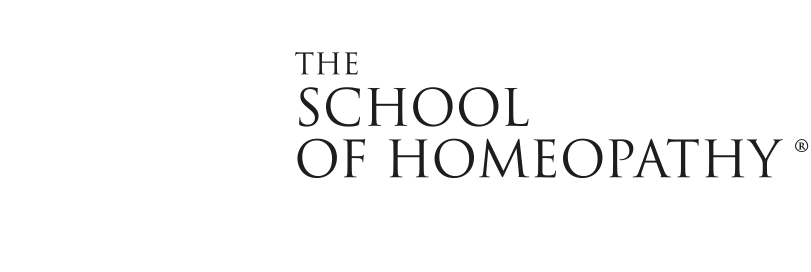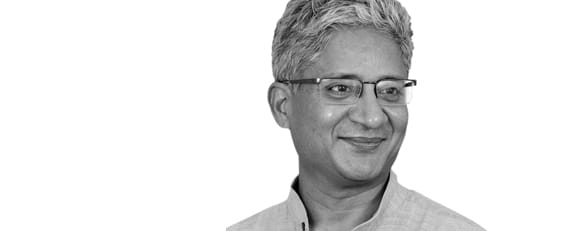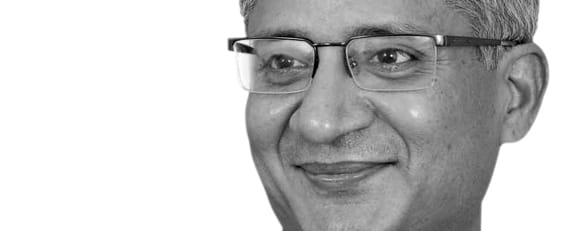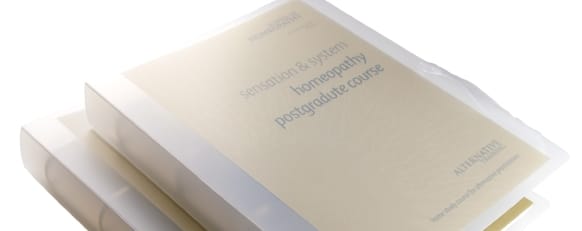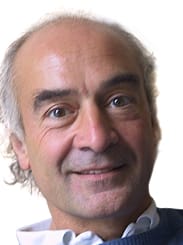
.jpg)

Homeopathy Postgraduate Course
Sensation & System
In this one year post graduate complete course we aim to introduce you to the techniques of case receiving and case analysis known as the Sensation Method. This is the method introduced and used by Dr Rajan Sankaran and his colleagues in Mumbai, India and which have become popular around the world in recent years.
Study of the Sensation Method should increase your ability to understand cases by looking at what it is that holds a case together as a totality. Many of the techniques used are based on those you will have learnt already and will be very familiar to you. It is assumed that you will already have a sound knowledge of classical homeopathic philosophy and our aim is simply to add to this understanding, rather than replace it with a new doctrine. Throughout the course we will make links with the writings of Samuel Hahnemann and other classical homeopaths of the past, while introducing new ways of understanding what the patient reveals about their case. We hope you enjoy working through the course with your tutor and find that this results in new insights and understanding that is of noticeable benefit to your present homeopathic practice.
Units: 1-7
Study hours: 800-900
Credits: 90
Length: 12 months
Nominal completion time: 24 months
Included: course manual, books, memory stick
Study options: correspondence or e-learning
Certificate: Post Graduate Certificate in the Sensation Method.
The Sensation Course requires around 800-900 hours of study to complete the work within this period, i.e. around two and a half days a week, or three hours per day. It is up to you, however, to determine how long you are willing or able to commit to this study each week and hence how long you actually take to complete the course. However, for each year of study you are actually given a two-year study period. We regard this flexibility of time as very important, so that you can approach your study in the way that best suits your individual circumstances.
Why study the Postgraduate Sensation Course?
Arguably the Sensation Method is the most important development in homeopathy since its discovery by Samuel Hahnemann in the late 18th century. The Sensation Method sets out to explore classification within the natural world through kingdoms and subkingdoms. In addition to this is the methodology of searching for the ‘vital sensation’ in the patient’s case and the concept of the ‘seven levels of experience’ within the human being. The deep insights of Rajan Sankaran and his colleagues have profoundly affected the way many homeopaths think and practice today.
What will this course do for me?
On this course you can study the comprehensive philosophy and practice of the Sensation Method. Through this you are guided to increase your ability to understand cases by looking at the ‘vital sensation’ that holds a case together as a totality. Many of the techniques used are based on those you will have learnt already and will therefore be familiar to you. Throughout the course we will make links with the writings of Samuel Hahnemann and other classical homeopaths of the past, while introducing new ways of understanding what the patient reveals about their case. For this Postgraduate Course the aim is simply to add to your current understanding of homeopathy, rather than replace it with a new doctrine. The course is an extension of classical homeopathy and everything you learn is embeded into case work so you can really test what you are learning and gain valuable in depth feedback on all you are doing from tutors that use the system in their everyday practice.
Entry requirements
It is assumed you already have a sound knowledge of classical homeopathic philosophy and materia medica. As this course is distance learning you can integrate it into your own life in a way to suit you.
Study experience
We aim to provide a stress free learning experience: there are no exams so there’s no pressure and full written feedback is given on your progress via continual assessment. We play a supporting role and are here to guide you through the process if you feel you need help.
What do you receive ?
You will receive a printed course manual in an easy to use ring binder. This course has seven units. The learning outcomes are outlined at the beginning, so you can see what you will learn from each section before you begin. You will also find reading references throughout and a list of recommended books. There are self-assessment questions with each unit so you can test your learning as you go. At the end of each unit there are one to two assignment questions to complete and submit for mentoring.
The School of Homeopathy has a solid foundation in classical homeopathy, both in its philosophy and practice, yet, has the openness and creativity to explore new avenues and latest advances.
Dr Rajan Sankaran, Patron
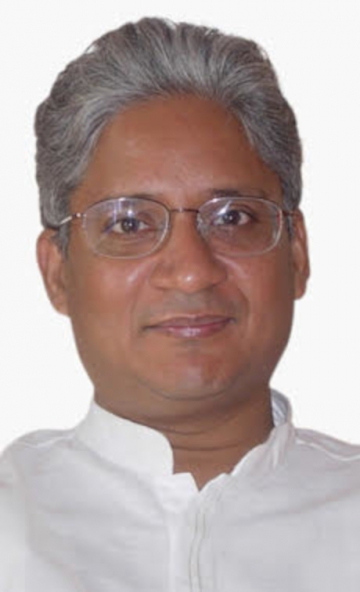
Homeopathy is only as effective as its practitioners. Having the right education is the keystone to the making of a good practitioner. Schools are needed that effectively integrate the old and current ideas of classical homeopathy into a seamless practical modality. I extend my support to the School of Homeopathy, which I feel has the potential and the intention to set and raise the standards of homeopathic education.
Dr Rajan Sankaran, Patron
Unit 1 : Vital sensation
Unit 2 : Kingdoms
Unit 3 : Minerals
Unit 4 : Miasms revisited
Unit 5 : Plants
Unit 6 : Animals
Unit 7 : Integrated approach
